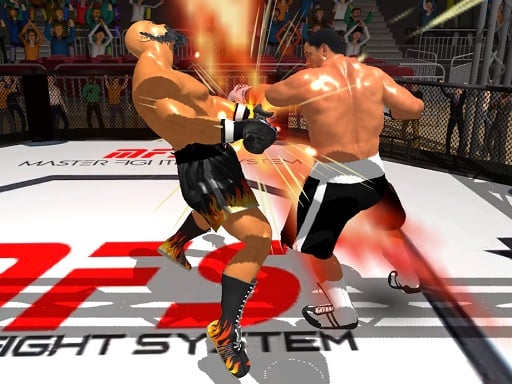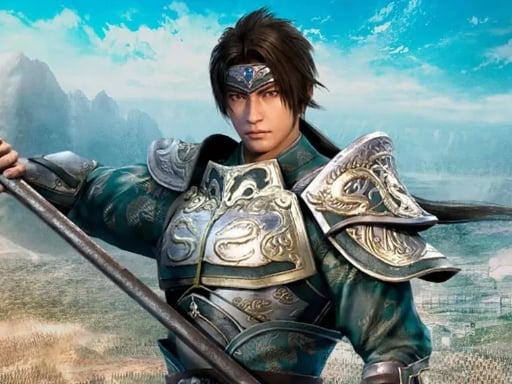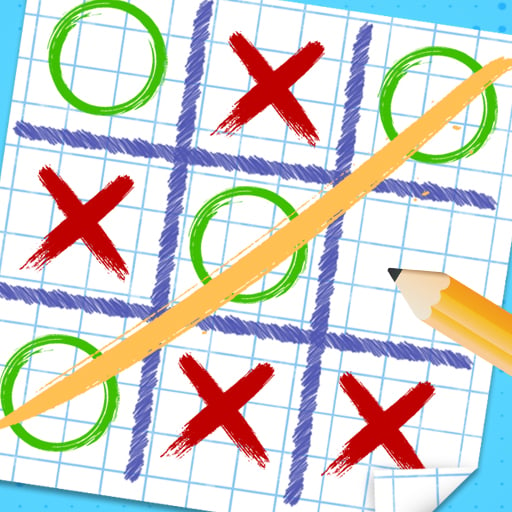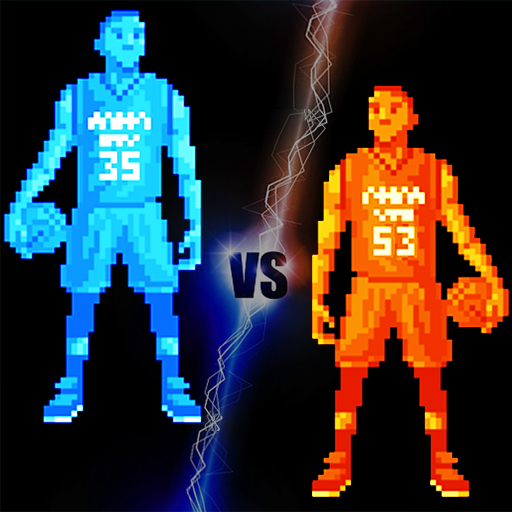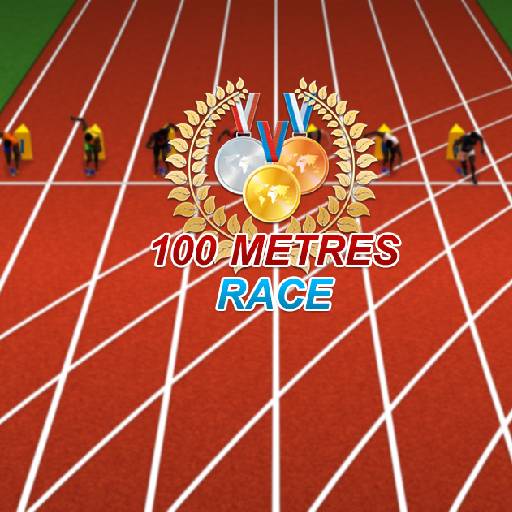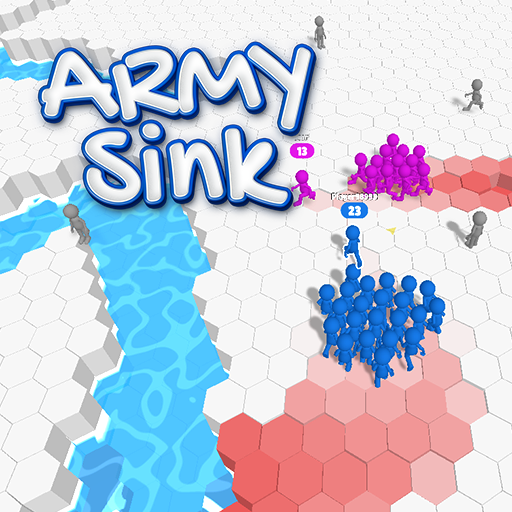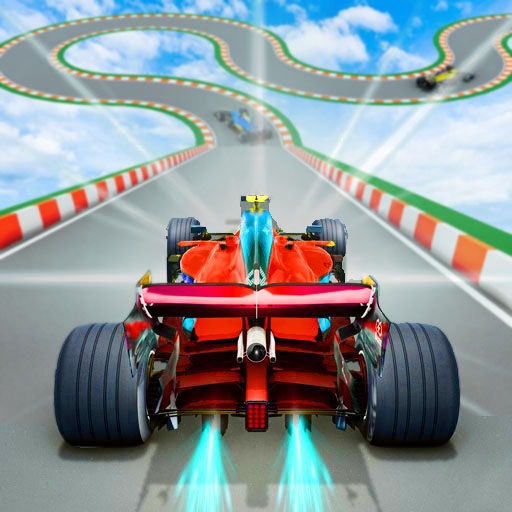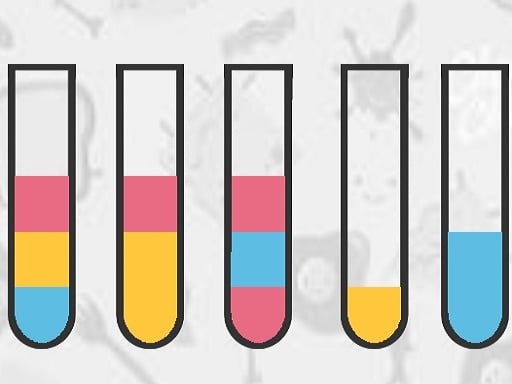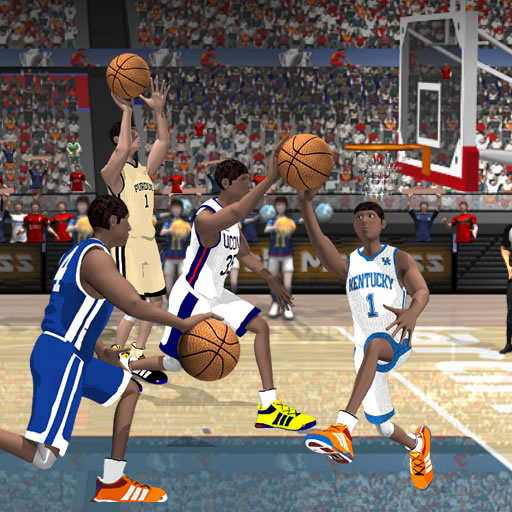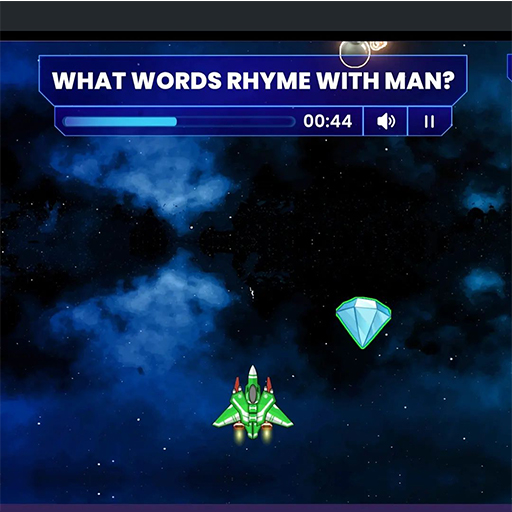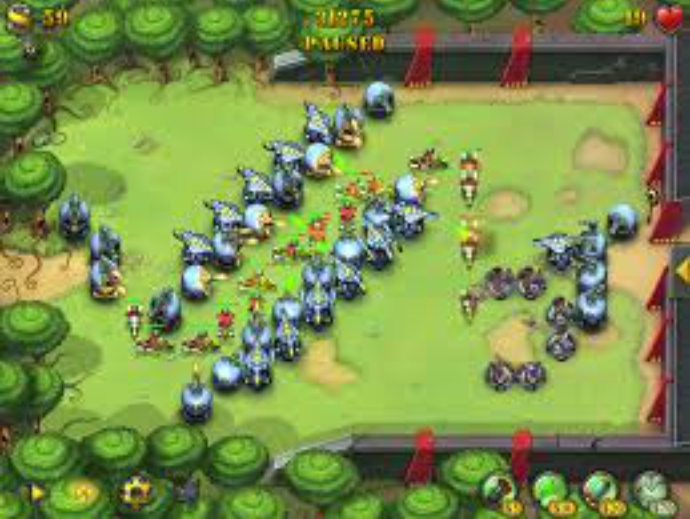Similar Games

Football League
How To Play
The Football League
Football leagues form the backbone of the sport that captivates billions around the globe. From the roaring crowds in grand stadiums to the fierce competition among teams, the concept of the football league embodies more than just organized matches; it is a tradition that weaves communities together, fosters rivalries, and celebrates athletic excellence. This article explores the origins, structure, evolution, and cultural impact of football leagues, shedding light on their significance in the world of sports.
Football leagues trace their origins to England, where the modern version of football first gained widespread popularity in the 19th century. The English Football League (EFL), established in 1888, was the first professional football league in the world. It was founded by William McGregor, a director of Aston Villa, who sought to organize a structured competition to ensure regular fixtures and financial stability for clubs. The inaugural league featured 12 clubs, including names like Preston North End, who famously won the first season without losing a single game. The success of the EFL provided a blueprint for leagues around the world, inspiring the formation of organized competitions in Europe, South America, and beyond.
The structure of football leagues is meticulously designed to balance competition and opportunity. Typically, leagues are organized in a tiered or pyramidal system, with clubs competing at different levels based on their performance. The promotion and relegation mechanism is a defining feature, ensuring that successful teams ascend to higher tiers while underperforming teams drop to lower levels. This system adds a layer of intensity to the league, as teams not only vie for championships but also battle to avoid relegation, which often has significant financial and reputational implications. Additionally, leagues are divided into seasons, usually spanning several months, during which teams accumulate points through wins and draws, with the ultimate aim of topping the table by season’s end.
The evolution of football leagues has been marked by significant milestones, particularly in terms of commercialization and globalization. Television broadcasting rights have transformed leagues into lucrative enterprises, attracting massive revenues from advertisements and sponsorships. For instance, the English Premier League (EPL), which evolved from the EFL in 1992, has become one of the richest and most-watched leagues globally, thanks to its extensive media deals and star-studded lineups. Similarly, leagues in Spain, Italy, and Germany, such as La Liga, Serie A, and the Bundesliga, have garnered international followings, showcasing iconic clubs like Barcelona, Real Madrid, Juventus, and Bayern Munich.
Beyond Europe, football leagues in South America, Africa, and Asia have flourished, reflecting the sport’s universal appeal. The Campeonato Brasileiro Série A in Brazil, the Argentine Primera División, and the J-League in Japan are notable examples. These leagues have produced legendary players who have graced international stages, enhancing their domestic competitions’ prestige. Additionally, the rise of Major League Soccer (MLS) in the United States has demonstrated how a league can thrive in a country where football was historically overshadowed by other sports.
Football leagues are not merely competitions; they are cultural phenomena that resonate deeply with fans. The local rivalries, often referred to as derbies, exemplify the intense emotional investment of supporters. Matches like El Clásico between Barcelona and Real Madrid or the Manchester Derby between Manchester United and Manchester City ignite passion and generate worldwide attention. Fans celebrate victories, mourn defeats, and forge lifelong connections to their clubs, making football leagues an integral part of their identity. Stadiums become cauldrons of energy, with chants, songs, and banners creating an atmosphere that players and spectators cherish.
The impact of football leagues extends beyond the pitch, influencing economies and societies. Hosting league matches stimulates local businesses, from restaurants and hotels to transportation services. The sport also serves as a unifying force, breaking down barriers of language, race, and religion. Community outreach programs organized by clubs often use football as a tool to promote social inclusion, education, and health. For instance, initiatives like Manchester United’s “Foundation” and Barcelona’s “More Than a Club” embody the positive influence football leagues can exert off the field.
However, football leagues are not without challenges. The commercialization of the sport has raised concerns about financial disparities among clubs. Wealthier teams, often backed by affluent owners or lucrative sponsorships, tend to dominate competitions, leaving smaller clubs struggling to compete. This disparity has sparked debates about the sustainability of leagues and the need for financial fair play regulations. Furthermore, the crowded schedule of domestic and international competitions places immense physical and mental demands on players, prompting discussions about workload management and player welfare.
The advent of technology has also played a transformative role in football leagues. Innovations like Video Assistant Referee (VAR) systems have revolutionized decision-making, ensuring greater accuracy in officiating. Meanwhile, data analytics and performance tracking tools have enabled clubs to optimize strategies, scout talent, and enhance player development. The integration of social media and digital platforms has brought fans closer to the action, allowing them to engage with their favorite clubs and players in real time. From live streaming to virtual fan experiences, technology has reshaped how football leagues connect with their global audience.
The rise of women’s football leagues represents another significant development, reflecting the growing recognition of gender equality in sports. Competitions like the Women’s Super League (WSL) in England, the National Women’s Soccer League (NWSL) in the United States, and the UEFA Women’s Champions League have gained substantial traction, showcasing exceptional talent and inspiring future generations. The success of these leagues underscores the potential for football to transcend traditional boundaries and embrace diversity.
The role of football leagues in fostering talent and nurturing the next generation of players cannot be understated. Youth academies run by clubs within leagues serve as breeding grounds for emerging stars, offering structured training and exposure to competitive environments. Players like Lionel Messi, Cristiano Ronaldo, and Kylian Mbappé honed their skills within league systems before ascending to global stardom. These academies not only contribute to the success of individual clubs but also elevate the quality of the sport as a whole, ensuring a continuous pipeline of talent.
Football leagues also serve as platforms for international exposure, with many players and coaches seeking opportunities abroad to refine their skills and gain diverse experiences. The exchange of talent across leagues enriches the sport, fostering cross-cultural understanding and camaraderie. It also broadens the horizons of fans, introducing them to different playing styles and traditions. The global nature of football leagues exemplifies how the sport transcends borders, bringing people together in celebration of shared passion.
In recent years, the concept of football leagues has evolved further with the emergence of new formats and competitions. The establishment of the UEFA Nations League and proposals for a European Super League have sparked discussions about the future of the sport. While some view these innovations as a means to enhance competitiveness and fan engagement, others express concerns about preserving the integrity and traditions of domestic leagues. Striking a balance between innovation and heritage remains a pivotal challenge for football’s governing bodies.
Ultimately, the enduring appeal of football leagues lies in their ability to capture the essence of human endeavor – the pursuit of excellence, the thrill of competition, and the joy of unity. Whether it is a grassroots league in a small town or a prestigious competition like the UEFA Champions League, the spirit of football remains the same. The collective roar of the crowd, the intricate playmaking on the field, and the unpredictability of outcomes create moments that transcend sport, leaving indelible memories in the hearts of millions.
As football continues to evolve, leagues will remain at the heart of its narrative, adapting to changing times while preserving the traditions that make the sport special. They are more than just fixtures and results; they are a celebration of resilience, creativity, and the unyielding spirit of the game. In every corner of the world, from bustling metropolises to remote villages, football leagues serve as a testament to the power of sport to inspire, unite, and transform lives.
